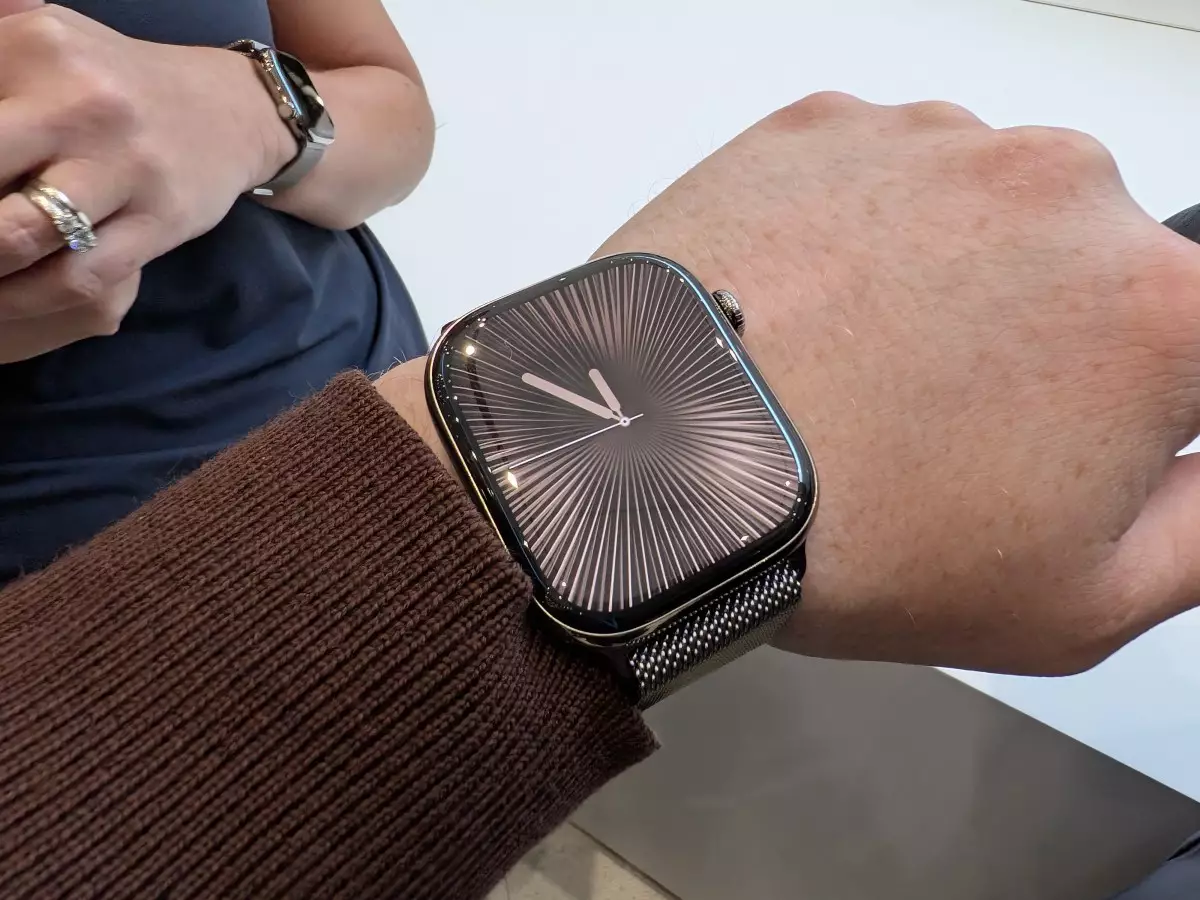The recent announcement that the US Food and Drug Administration (FDA) has approved the sleep apnea detection feature for the Apple Watch Series 9, Series 10, and Watch Ultra 2 marks a significant milestone in wearable health technology. Scheduled for release just days before the much-anticipated Series 10 launch on September 20, this new capability, unveiled during the iPhone 16 event, promises to add considerable value to Apple’s health-focused suite of functionalities.
The sleep apnea detection feature is set to roll out with the upcoming watchOS 11 update. Users will need to utilize the watch over a span of 30 days, collecting 10 nights’ worth of sleep data. The feature utilizes the built-in accelerometer to monitor sleep disturbances and gather essential insights into a user’s nocturnal patterns. With sleep apnea being a serious condition that disrupts breathing during sleep, the potential for early identification through a consumer device is a game-changer. However, it is crucial to clarify that while this feature can assess the risk of sleep apnea, it does not serve as a diagnostic tool. Apple emphasizes the importance of consulting healthcare professionals for formal diagnoses, underscoring the sensitivity required in interpreting such health indicators.
Sleep apnea affects a significant segment of the population, leading to various adverse effects such as insomnia, fatigue, headaches, and a plethora of long-term health issues if left unchecked. By enabling wearers to track their sleep quality and disturbances, the Apple Watch serves as a preliminary alert system to potential health risks. The function is particularly empowering for users who may previously have been oblivious to their nightly struggles. This proactive approach to health monitoring could foster wider awareness of sleep-related conditions, illustrating how technology can play a pivotal role in preventive healthcare.
Apple’s foray into sleep quality monitoring places it in competition with other consumer electronics companies that have also ventured into this space. Withings, for example, has long been a player in sleep apnea detection, while Samsung has recently earned FDA approval for similar functionality in its Galaxy Watch series. This trend reflects a growing acknowledgment of the importance of sleep health in personal wellness, as companies work to capture a market increasingly focused on health and fitness tracking.
Nevertheless, the introduction of the sleep apnea detection feature comes amidst complications for Apple. Notably, the company has had to disable blood oxygen detection features in the U.S. due to a patent dispute. As Apple continues to innovate and add health capabilities to its devices, navigating legal hurdles will be crucial to maintaining its reputation as a leader in the health tech arena. Users must remain aware that while technology can provide helpful insights, it is no substitute for professional medical advice and intervention.
Overall, the integration of sleep apnea detection into the Apple Watch signifies just a glimpse of the potential for smart devices to influence overall health and wellness. As we move further into an age where technology and health monitoring converge, the Apple Watch stands as a compelling tool for empowering users to take charge of their health and fostering a proactive approach to wellness.

